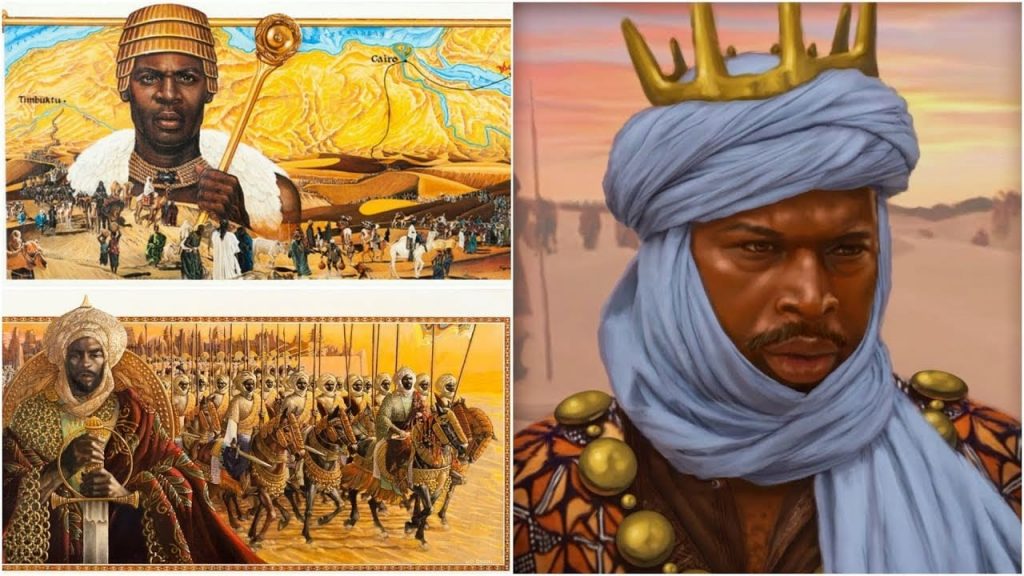Emperor Mansa Musa I came to predominate over the Malian Empire Through somewhat strange ways.Before embarking on a long and somewhat arduous pilgrimage to Mecca known as a Hajj from the Muslim faith, then-emperor Abubakari II deputized Musa to temporarily assume his role. An on-call emperor was a frequent feature during the history of this empire. It is somewhat comparable to the modern day function of a vice president.This arrangement worked out fine until Abubakari set out to explore the other side of the Atlantic Ocean rather than returned. Mansa Musa, then, inherited the throne because he was deputized. But Musa was not a nobody: His great-uncle was Sundiata Keita, who founded the Malian Empire.

As many a late-night infomercial will inform You, there are plenty of approaches to attain wealth. Musa obtained his primarily through trading salt and gold, which have been found in abundance in West Africa at the moment. He also used the money to strengthen the nation’s cultural centers, especially Timbuktu, which he annexed in 1324.It was when Musa made his Hajj to Mecca — an integral part of The Muslim faith, which was quite widespread in the area at this stage in history — which the rest of the world became aware of the extent of his wealth.Since he had so much to invest, his caravan Throughout Cairo, Medina, and eventually to Mecca had a procession of over 60,000, dozens of animals, and a great deal of gold. In actuality, as they travelled, Musa and his entourage gave away gold to people in the streets.
They also bought lots of things so much material, in fact, they actually Messed up the global market for some time: The gold he spent and there was so much of it, the value really went down.The disturbance eventually evened out, Richest Man in History started borrowing from lenders in Cairo despite the high interest rate and basically single-handedly controlled the amount of gold from the Mediterranean.He actually ended up with most of it to construct a Wonderful number of mosques legend says he constructed one every Friday of his reign, the most famous of which is the Djinguereber Mosque. He also commissioned many universities across the kingdom many of which, together with the mosques, are still standing today, some 700 years later.Musa quite literally put himself, and his empire, on the map When he made this trip maps from Italian cartographers throughout his reign had artists add his likeness, holding a nugget of gold of course.